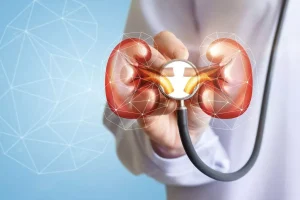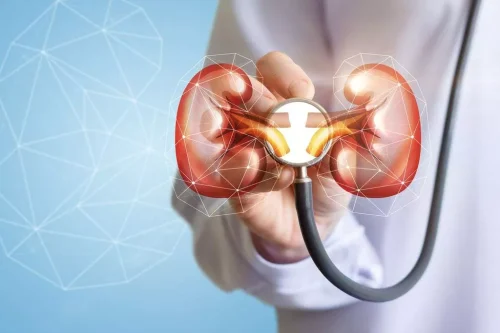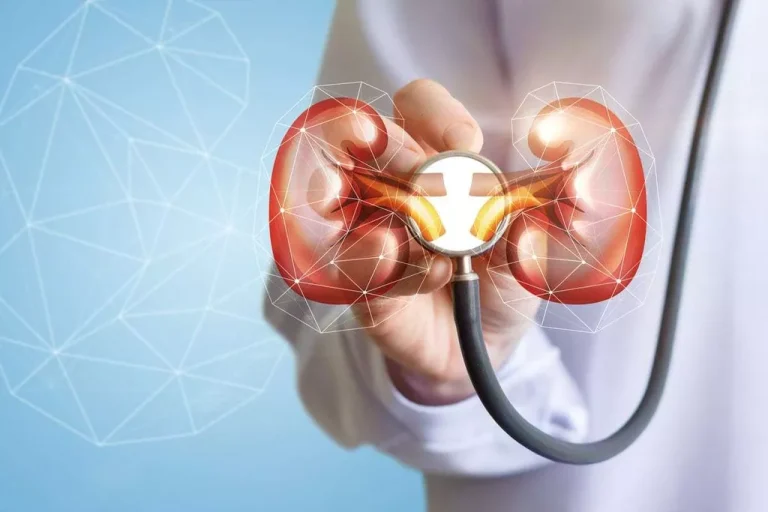
Beyond the immediate signs, the repercussions of cocaine addiction can infiltrate every aspect of your life. If all of that isn’t reason enough to seek a change, cocaine addiction massively increases the chances cocaine addiction treatment of severe health issues like heart attacks, respiratory failure and strokes. However, (as cocaine users know all too well), this high doesn’t last long, which is why the next line, key or bag is always being sought.
Lifestyle Quizzes
Therefore, behavioral treatment is currently the most effective way for a person to overcome cocaine addiction. A few types of behavioral therapies are cognitive behavioral therapy, contingency management, therapeutic communities, and community-based recovery groups. Seeking out support groups like Cocaine Anonymous can help you get connected with peers who are going through the same journey as you are. Cocaine Anonymous is a 12 step intervention for cocaine abuse and addiction that can help lead to recovery from substance use disorder.
Five steps on how to stop using cocaine
If you or someone you love is addicted to cocaine, finding a high-quality rehab clinic can help. Rehab clinics will provide a person with all the support they need to overcome their addiction. Through trained medical and mental health professionals your loved one will be safe and comfortable as they detox from cocaine and begin their recovery journey. Navigating the turbulent waters of cocaine withdrawal, you’ll find that certain medications can serve as life rafts, easing your journey toward sobriety. Medication effectiveness is key in this delicate process, and fortunately, several drugs have shown promise in reducing cravings and managing withdrawal symptoms. Prescription accessibility ensures that these essential aids are within your reach when you need them most.
- Calls to numbers marked with (I) symbols will be answered or returned by one of the treatment providers listed in our Terms and Conditions, each of which is a paid advertiser.
- Don’t hesitate to reach out – we’re here to provide the support you deserve, anytime, day or night.
- Developing alternative ways to manage stress, anxiety, and other emotions is crucial.
- Overall, the best strategy is to establish a healthy lifestyle that includes nutritious food, exercise, and a healthy sleeping schedule.
- This holistic approach has proven effective over time, as demonstrated by Castle Craig’s high success rates.
THC Detox Methods: How to Detox From Marijuana, Body, and Drug Test

This might lower dopamine levels and cocaine cravings when it is released into the nucleus accumbens. Propranolol is a beta-blocker that relieves symptoms of anxiety and depression. Beta-blockers might also be able to reduce some of the rewarding properties of cocaine. Once you’re in recovery, you can think about your future with a clear head and set some goals for yourself, whether personal, occupational, or otherwise. You can improve your relationships with others and yourself and take some time to allow your body and mind to recover. Cocaine, sometimes referred to as “crack cocaine,” is a stimulant substance with addictive properties.
- Quitting cocaine on your own is possible for someone who is highly motivated.
- Cocaine use can affect all parts of your life, so examining what your use is costing you can help you find the motivation to get clean.
- Most importantly, treatment offers you the chance to learn how to manage your thoughts, feelings, and emotions without feeling like you need to use substances.
- It’s about making a committed decision each day to choose a healthier path—one that leads away from addiction and towards a fulfilling, drug-free life.
- A structured treatment program is essential for long-term recovery, offering medical, psychological, and social support to help individuals regain control over their lives.
- Operant conditioning further strengthens these behaviors by reinforcing cocaine’s immediate euphoric effects.
Professional help, such as rehab, significantly increases the chances of success through structured programs that include therapy, support groups, and medical care. Studies indicate that rehab can double the likelihood of success compared to quitting unaided, emphasizing the importance of professional support to prevent relapse. Because co-occurring mental health disorders––such as depression and anxiety––are common in cocaine addiction, is crucial for individuals facing both substance use disorder and mental illness. Cocaine use significantly impacts brain chemistry, especially dopamine and serotonin levels, which play a role in mood regulation and impulse control. Over time, cocaine abuse can exacerbate existing mental health conditions or trigger new ones, creating a vicious cycle. Without proper mental health treatment, individuals may relapse to self-medicate with cocaine when their psychiatric symptoms Alcohol Use Disorder become overwhelming.

Alcohol Use Disorder
- Maintaining a positive and proactive mindset throughout your addiction treatment program can increase your chances of long-term success in quitting cocaine.
- Professional help can be a game-changer, offering the support and guidance needed to navigate the complex path to recovery.
- Putting your reasons for not wanting to use cocaine can help keep you motivated to stay drug-free.
- Sometimes you cannot avoid a trigger and it causes an intense urge to consume you.
- The cocaine withdrawal timeline varies based on factors such as the duration and frequency of use, method of administration (snorting, smoking, injecting), and individual health.
It involves shifting your perspective from viewing quitting as a sacrifice to seeing it as a powerful choice that brings personal growth and a healthier future. Given the severity and potentially deadly consequences of cocaine use, it is vital to take the steps necessary to wean off cocaine. These include getting help to control the doses, create a schedule, track the changes, seek out support, work through the cravings, and find an addiction rehabilitation clinic. Recognising the signs of cocaine abuse and addiction is the initial step towards recovery.


Many options are available, including psychological and psychosocial therapies, inpatient and outpatient treatments, medications, and holistic therapies. Once you’ve weathered the withdrawal storm, aftercare and relapse prevention become your new best friends in this lifelong commitment to sobriety. Now it’s time to focus on identifying relapse indicators, which may include romanticising past drug use, neglecting healthy habits or associating with old drug-using friends. These programmes are designed to treat individuals with substance use disorders, co-occurring mental health disorders, and other forms of addiction.
Financial Issues

Psychologically, some users begin to feel that their self-worth and confidence are intertwined with their cocaine use. Maybe you need cocaine to feel confident, to fit in with your mates or to succeed at work. This psychological dependency can enable casual use to morph insidiously into a compulsive need. Trying to remove an addictive substance from your life without attempting to understand what led you to become addicted and to address that root cause, is setting yourself up to fail.
Physical Symptoms of Cocaine Use
Many individuals struggling with cocaine addiction may feel trapped in a cycle of cravings and relapse, but recovery is entirely possible with the right support system and treatment approach. Yes, there are medications that can help with cocaine withdrawal syndrome. If you’re looking to quit cocaine, but are worried about whether you’ll experience withdrawal symptoms, you needn’t worry too much. While cocaine withdrawal symptoms are usually psychological rather than physical, there are medications available to make the process more comfortable. Breaking free from cocaine addiction often requires a combination of professional treatment, support, and personal lifestyle changes.

Comments are closed